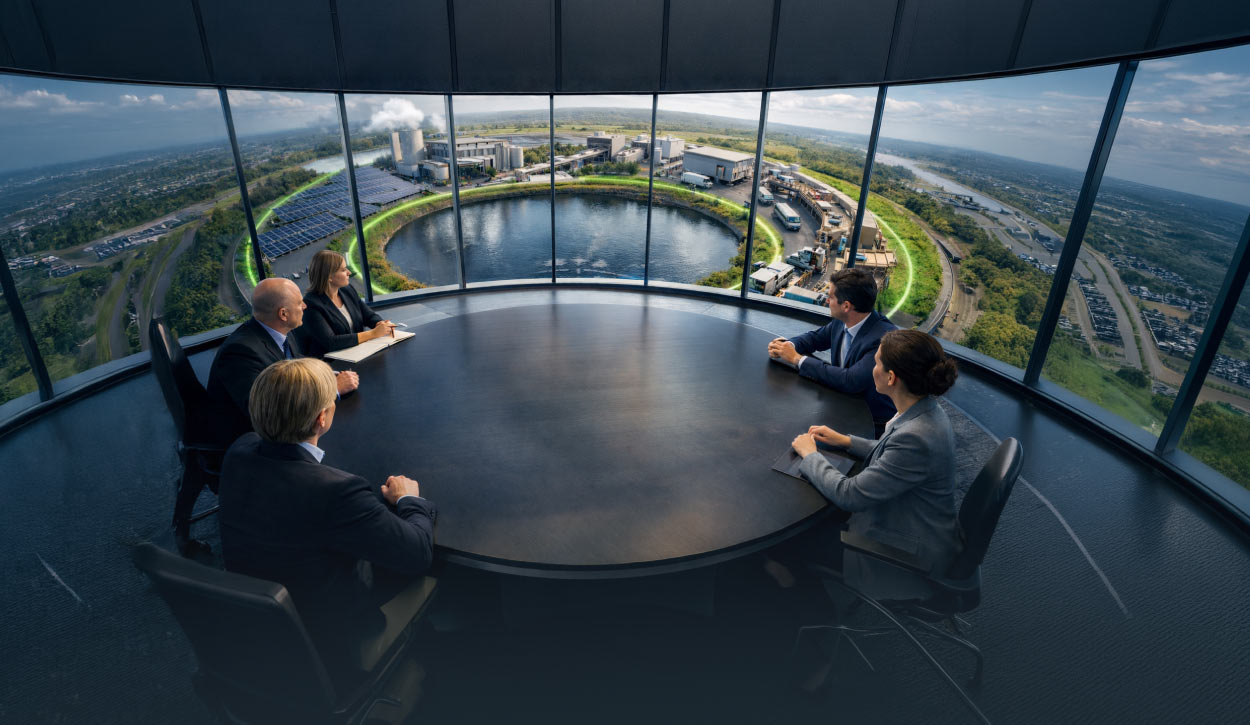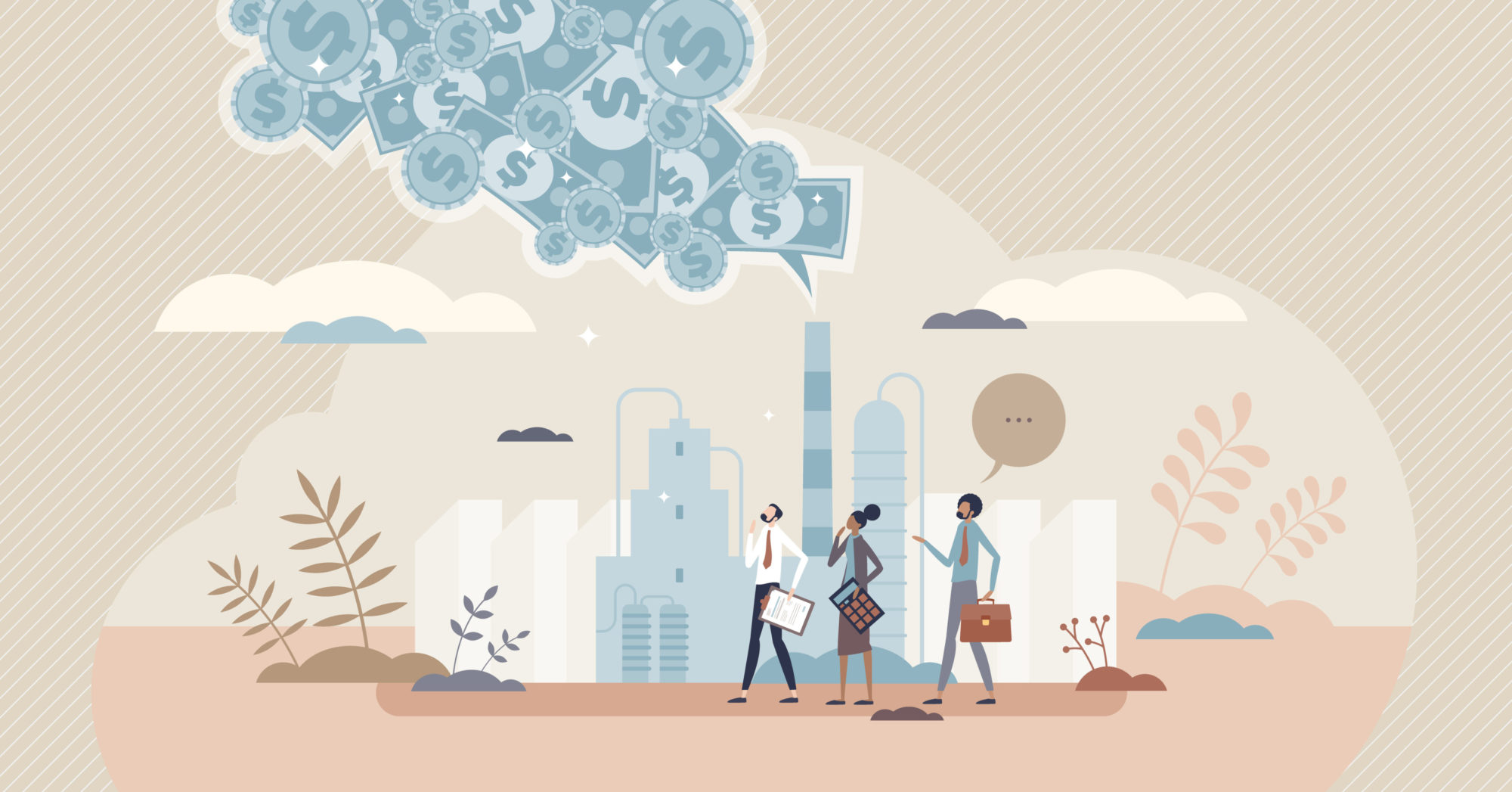Action to stem greenhouse gas emissions will accelerate, forcing businesses to internalize the cost of their actions, say experts in strategy, sustainability and finance.
Europe is about to tighten sustainability disclosure requirements, and governments will need to see the cost of carbon rise to encourage investment in greener technologies, according to premonitions offered by IMD experts.
As we head into the New Year, professors thought that more EU member states would make COVID vaccines mandatory, and shortages of supplies and labor would continue into 2022, slowing down growth and prolonging elevated inflation — prompting central banks to raise rates next year.
Though Europe may seem ever more unpredictable, forecasts are no woolly exercise. The practice of scenario planning can inform long-term strategy and near-term decisions, and help executives to deal more effectively with the unexpected.
Support to rise for compulsory vaccinations
The exercise suggests that the geopolitics of COVID will shape many business risks in Europe. Mandatory vaccinations will create tensions. Some EU member states are pushing holdouts to get jabs. More will likely follow. “There is a real chance that societies begin to fray as the vaccinated point the finger at the unvaccinated and everybody blames governments for either doing too little or too much,” said political economy expert David Bach.
Add to that the presidential election in France next year, and the Hungarian parliamentary elections, the EU’s standoff with Poland, tensions with Russia, and the post-Brexit saga, and all the ingredients are in place for a rocky 2022. “Strategic agility and a clear corporate purpose will be key as leaders will have to make quick decisions under close scrutiny,” said Bach.






